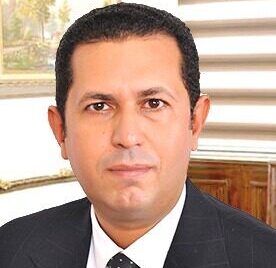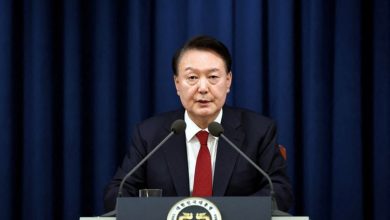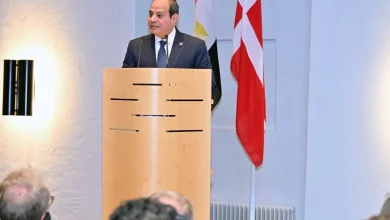Shaping a safe, sustainable digital future

On September 22, world leaders gathered in New York for the Summit of the Future.
They adopted the Pact for the Future which included the Global Digital Compact (GDC).
In today’s era of rapid technological advancements, the GDC is a vital step towards striking a balance between innovation and technology governance.
It preceded all others in establishing a comprehensive framework for digital co-operation and artificial intelligence (AI) governance, opening up new horizons to ensure that technology is used for the service of humanity as a whole.
Technology is a powerful tool that can transform the lives of individuals and communities.
However, using technology without clear rules can lead to negative outcomes, including misinformation, wide economic and social gaps, and threats to privacy and security.
The role of the GDC is to outline rules that guarantee the responsible use of technology for the benefit of everybody. It aims to promote transparency and accountability in the use of new technologies.
The GDC also seeks to overcome digital divides by making technology accessible to all, not just the wealthy or large corporations.
Through collaboration between governments, the private sector, and the civil society, the GDC seeks to create a safe, reliable and sustainable digital future for all.
AI is central to the GDC, being an influential area of technology in our daily lives.
With the use of AI technologies growing, it is essential to establish clear regulations to ensure that they are used in an ethical way.
The GDC seeks to set standards to guarantee that AI is not exploited to violate the fundamental rights of individuals.
Nevertheless, the GDC faces significant challenges, most notably cultural and economic diversity among countries.
Priorities and needs differ from one region to another. This makes agreement on global standards difficult to reach.
Achieving the goals of the GDC also requires real commitment from all stakeholders, which may be difficult in the light of growing competition among countries.
The GDC is not just a document, but a call to action and strategic thinking.
The future cannot be built on old foundations, but requires a new vision that responds to the rapid changes taking place around the world.
Partnerships among governments, the private sector, and the civil society are essential for the achievement of desired goals.
The GDC constitutes an important start towards a better digital future. It is, therefore, imperative for us to support this framework and participate in shaping a digital future that ensures justice and transparency, and contributes to building a better world for future generations.
The GDC is also a golden opportunity to reshape international relations in line with the aspirations of the 21st century.
If implemented effectively, the GDC can be the cornerstone for building a better and more sustainable world for future generations, one where nations work together to create a shared future full of hope and opportunities.
Mohamed Fahmy is the editor-in-chief
of The Egyptian Gazette and
Egyptian Mail newspapers





